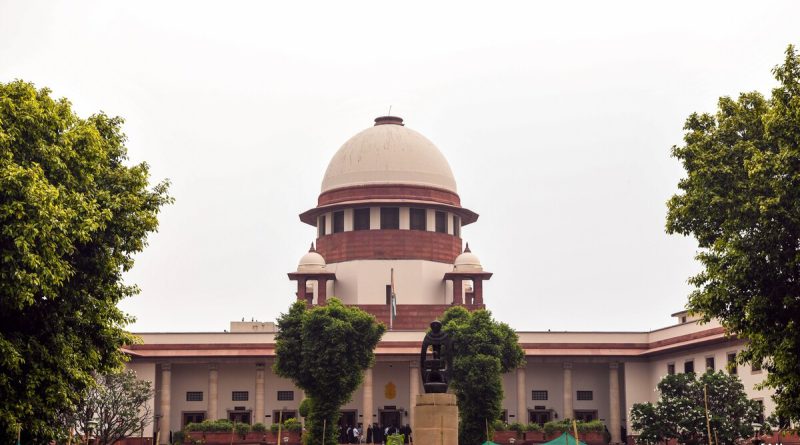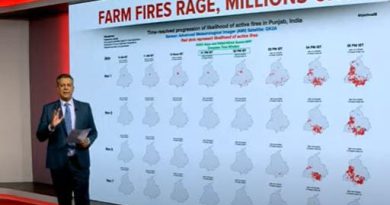Big Supreme Court Ruling On Citizenship Of Immigrants In Assam Before 1971
The Supreme Court has upheld the validity of a key citizenship rule that recognised the Assam Accord, granting citizenship to Bangladeshi refugees who had arrived before 1971. Section 6A of the Citizenship Act was introduced in 1985 to allow refugees from Bangladesh (then East Pakistan), who entered India between 1966-1971, to register as Indian citizens.
A five-judge constitutional bench led by Chief Justice of India DY Chandrachud upheld the validity of Section 6A by a 4:1 majority with Justice JB Pardiwala dissenting. The bench also comprised Justices Surya Kant, MM Sundresh, and Manoj Misra.
“The court’s decision means that the non-resident Indians who came from Bangladesh between January 1, 1966 and March 25, 1971 are eligible for citizenship. Those who have got citizenship under this will retain their citizenship,” the bench said.
The order came on a petition that contended that the arrival of Bangladeshi refugees had impacted the demographic balance of Assam. It said Section 6A of the Citizenship Act violated the political and cultural rights of the original residents of the state.
The Chief Justice said the enactment of Section 6A was a “political solution” to a unique problem faced by Assam since the influx of refugees had threatened its culture and demography.
“The central government could have extended the act to other areas as well, but it did not do so because it was unique to Assam. The number of migrants coming to Assam and their impact on culture etc. is higher in Assam. The impact of 40 lakh migrants in Assam is more than that of 57 lakh in West Bengal because the land area in Assam is less than that of West Bengal,” the Chief Justice said.
The Assam Accord was signed on August 15, 1985 between the centre and representatives of the Assam movement in response to a massive refugee influx during the Bangladesh liberation war. As a humanitarian measure, Section 6A was added to the Citizenship Act to allow the migrants who came before March 25, 1971 to get Indian citizenship, but without voting rights.
The Supreme Court said the centre was right in its contention that uncontrolled immigration in Assam affected its culture and that it’s the duty of the government to prevent illegal immigration.
Holding that March 25, 1971 was a reasonable cut-off date, the court contended that Section 6A was neither under-inclusive nor over-inclusive. “Citizenship can be given between the cut-off dates subject to fulfilling the conditions. Immigrants who enter after March 25, 1971 cannot be conferred citizenship,” said Justice Surya Kant.
Disclaimer: (Only the headline and picture of this report may have been reworked by the KanoonKiBaat staff; the rest of the content is auto-generated from a syndicated feed.)
Source Link





